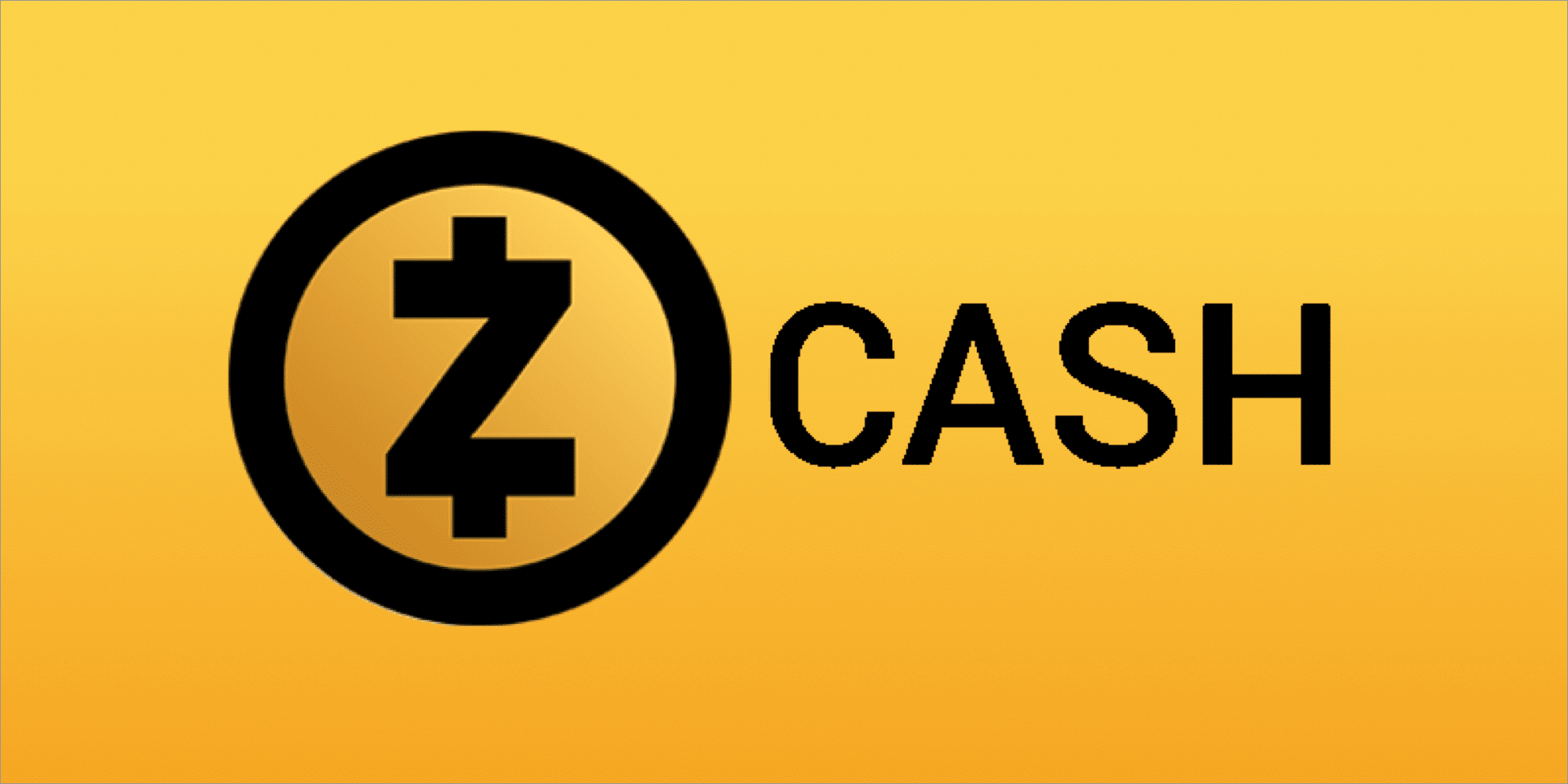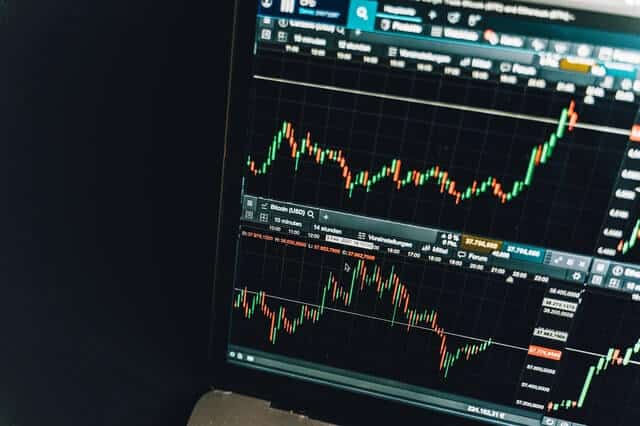There are different investment tools in the market. Some investors prefer to own stocks, others buy and sell commodities or exchange currencies in the Forex market. However, there is also a way to get access to the market: exchange traded funds (ETFs).
In this guide, we are sharing with you the details of ETFs, how they work and more. Some of the main questions about ETFs include the following:
- What is an ETF and how does it work?
- Are ETFs a good investment?
- Are ETFs good for beginners?
- What is the downside of ETFs?
We will go through these questions and some others in order to make it easier for you to get valuable information about ETFs.
Disclaimer: the information shared by AltSignals and its writers should not be considered financial advice. This is for educational purposes only. We are not responsible for any investment decision you make after reading this post. Never invest more than what you are able to lose. Always contact your professional. financial advisor.
What is an ETF (Exchange Traded Fund)?
Exchange Traded Funds or ETFs are financial assets that can be purchased by investors in order to get exposure to the market. These ETFs track indexes, commodities or any other financial asset that traders can purchase.
Depending on the type of investment you want to do, you would purchase one or another ETF. Some of the ETFs track local stocks while others follow international prices. In general, an ETF is usually easier to handle for investors due to their lower commission.
The price of an ETF fluctuates according to supply and demand. One of the main differences with mutual funds is that ETFs are usually more liquid and better structured.
Types of ETFs
ETFs hold a wide range of underlying assets. Everything will depend on the structure created by the company handling the ETF. These ETFs are certainly a good way to diversify users’ and investors’ portfolios.
Some ETFs track U.S. stocks while others focus on different regions and industries. Everything depends on the investors and what they want to purchase. The most common types of ETFs include Bond ETFs, Currency ETFs and Commodity ETFs.
Furthermore, other types of ETFs could track the behaviour of a particular industry, such as the banking sector. Investors that purchase this ETF would have exposure to the banking industry without necessarily buying the underlying assets individually.
Cryptocurrency ETFs
We also have cryptocurrency ETFs in some countries. However, the United States is a more regulated market compared to others, there might be a crypto ETF in the future. There are initiatives from crypto market participants to release their own crypto ETFs.
The two largest cryptocurrencies in the world, Bitcoin (BTC) and Ethereum (ETH), could have their own Bitcoin ETF in the future. However, this would require some more time before they are released in the United States, one of the largest markets in the world.
Additionally, there might also be some ETFs tracking the performance of the entire crypto market rather than following just some assets such as BTC or ETH.
Bitcoin ETF
A Bitcoin ETF would follow the price of Bitcoin and it would allow investors to get exposure to the largest virtual currency in the world without owning or handing the underlying asset. ETFs make it easier for investors that want to purchase BTC because they do not have to be worried about storage, one of the most important things in the crypto market.
Ethereum ETF
As it happens with a Bitcoin ETF, an Ethereum ETF would track the price of Ethereum without users holding the second-largest digital asset. Rather than setting up a wallet and trading on a cryptocurrency exchange, they can easily purchase an ETF and get exposure to the crypto market.
Pros and Cons of ETFs
There are some advantages and disadvantages of ETFs that are worth taking into consideration.
Advantages
These are some of the advantages of ETFs.
- It is easy to handle (like a stock)
- It tracks the performance of an industry or a specific asset
- They are very liquid and available all over the world
- Investors can diversify their portfolios with ETFs
- ETFs usually have lower fees compared to other funds
Disadvantages
These are some of the disadvantages of ETFs.
- In some cases, ETFs might not help you to diversify your portfolio as much as you’d like
- Sometimes, investing in ETFs to purchase individual stocks could be more expensive
- Dividend yields tend to be lower than owning a stock























